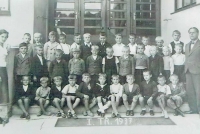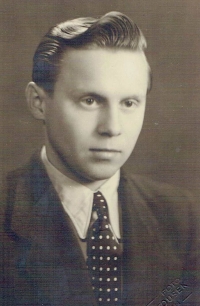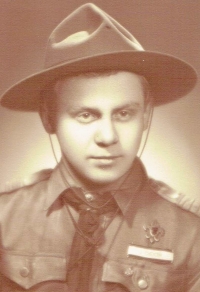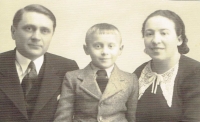If I was born again, I’d want to be a vet again
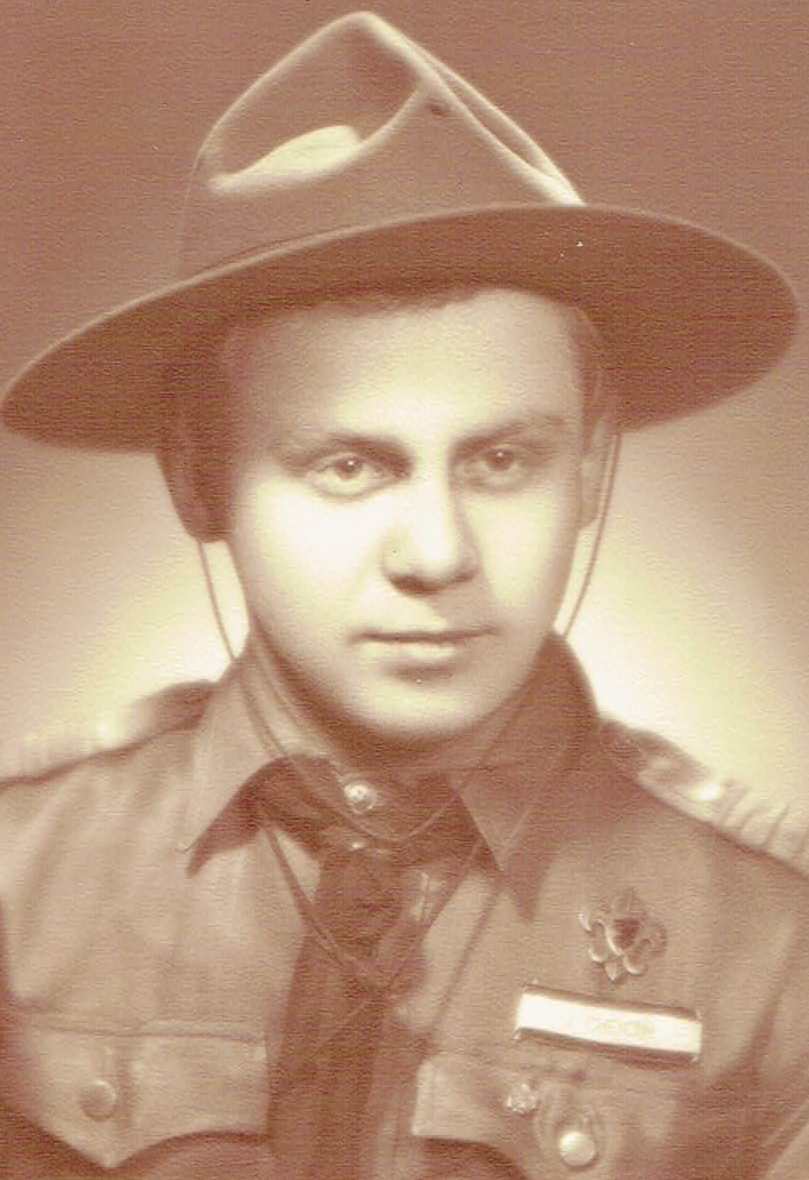
Download image
Oldřich Sochor was born July 3, 1930 in Chotěšiny near České Heřmanice. The family moved to Choceň two years later. Both his parents ran a smoke house and a butcher shop in their house. Oldřich went to school during the war – a primary school in Choceň and then in 1941 he started a Gymnasium in Vysoké Mýto. Some of his classmates were executed for joining the resistance movement. After the war, convoys of English and Russian POWs were passing through Choceň. He witnessed an explosion of an ammunition carriage that shook the entire city. On May 16, 1945 president Beneš was passing though the city and it became one of the most beautiful days in Oldřich’s life. The Sochor family lost their butchery business in February 1948. In the 1950s Oldřich studied University of Veterinary in Brno. He commenced his veterinary practice in Kadaň. Then he worked in Chrustenice as head of a specialized veterinary center and was at the birth of professional battery farming in Czechoslovakia. Czechoslovak poultrymen achieved great success at the time by implementing higher quality of zoo hygiene. From 1968 he worked in the State Veterinary Administration in Prague. As an author, he has contributed to several professional publications. He retired in 1991 and lives in Choceň.
